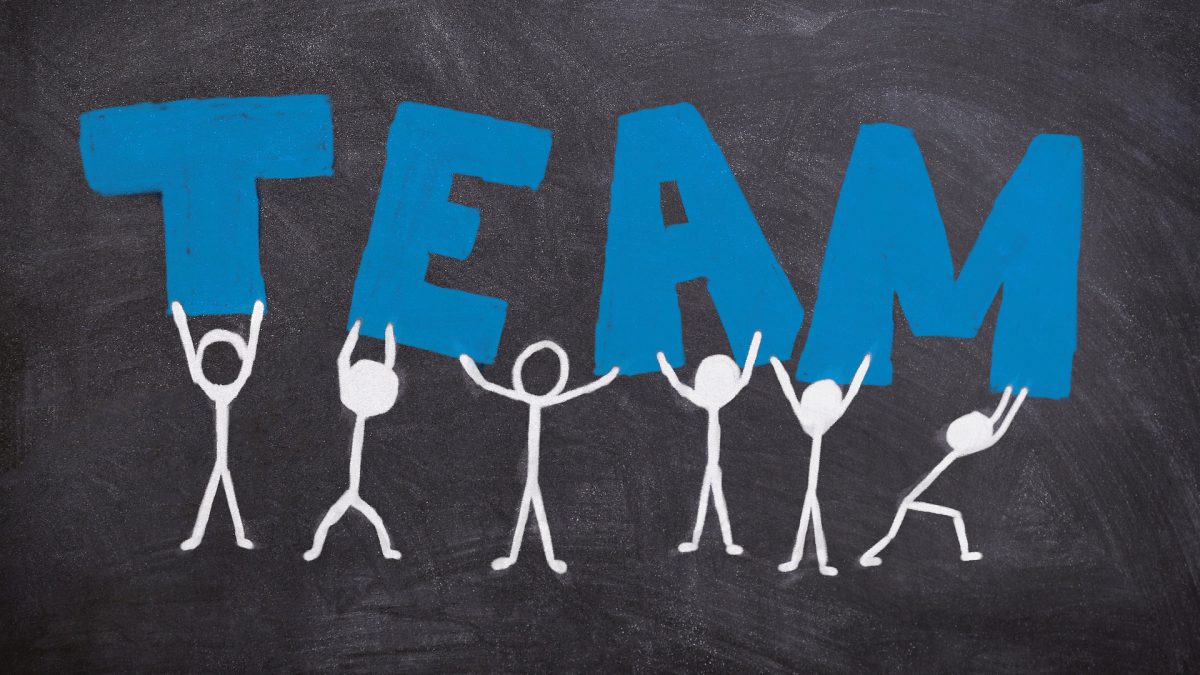10 Faq’s to Be Asked While Selecting an Executive Coach

Difference Between Professional Leadership Coaching and Professional Executive Coaching?
May 30, 2022
Professional Development Can Help You Make Smarter Decisions
July 22, 2022Coaching is being more widely used as a tool for personal, professional, and executive development. However, it is an unregulated profession in which anyone can decide to call oneself a coach and begin accepting clients at any time. Make sure you choose a coach who is a good fit for who you are and what you want to achieve to get the most out of the experience. With a little footwork, you can weed through those who just appear competent and find those who have the essential skills and training to make real advancements.
These 10 FAQs will help you to seek an executive coach:
What Is The Definition of ‘Coaching’?
This is a basic question to determine a coach’s competency. If you can’t acquire a definite, concise definition of coaching and its benefits, consider if you should hire them.
What Is The Difference Between Executive Team Coaching And Other Counseling Professions?
Because the coach does not formally give advice, executive management coaching differs from consulting or counseling. Instead, they ask questions to assist CEOs in identifying and resolving problems on their own. They must first obtain permission before giving counsel to their clients.
What Are The Credentials?
It’s nice to see a mention of certification in a coach’s bio or resume and assume that this person has obtained the necessary training and experience to accomplish this work. It’s crucial to do your homework and find out what kind of training the coach has had.
What Are The Set of Skills You Possess?
Coaches advertise in a variety of ways. Coaches speak on podcasts, hold seminars, and develop material to offer their philosophy and perspective to the public. A skilled coach knows what questions to ask and what tactics to use to assist their clients in overcoming their specific problems.
What Is Your Coaching Experience?
A coaching credential isn’t the only route to becoming a good coach. Certification programs have only recently acquired popularity, yet there are instructors who have been doing the job efficiently for much longer.
What Is Your Flexibility?
Executive team coaching plans that fulfill the client’s individual and economic needs are developed and delivered by successful coaching firms. Be cautious to handle any time, financial, or other limits right away.
What Are The Kinds of Coaching Techniques Used?
There are various approaches to team coaching. The firm or individual coach should be able to describe their technique as well as the process’s worth. The absence of a well-thought-out coaching technique, or the inability to describe one, should raise an obvious red signal.
An Introductory or Discovery Call
This is sometimes referred to as a ‘chemical session.’ You should know that by the end of it, you’ll have figured out exactly what your objectives are and what success looks like once you’ve achieved them.
Are You Action-Oriented and Challenging?
A coach’s ability to challenge in a positive, personal approach is something to look for. It’s more about the coach getting to know your personal ideas and beliefs before challenging you to act in ways that support your highest, most real, and most powerful self.
What Are Your Goals and Objectives?
Achieving goals should be used to define success over a set period of time. A good coach comes in, develops plans, cultivates change for maximum impact, and then leaves. The goal of coaching is to develop long-term sustainability rather than relying on a coach or crutch.
Looking for Executive Team Coaching in Mumbai?
Arvind Khinversa, a certified executive coach with over 22 years of experience working with world-renowned firms, offers executive coaching & executive team coaching in Mumbai.
If you’re a corporate leader, a business owner, or a practicing professional who’s considering hiring a successful coach to help you enhance your sales or leadership skills, keep these 10 FAQs in mind while choosing an executive coach.


